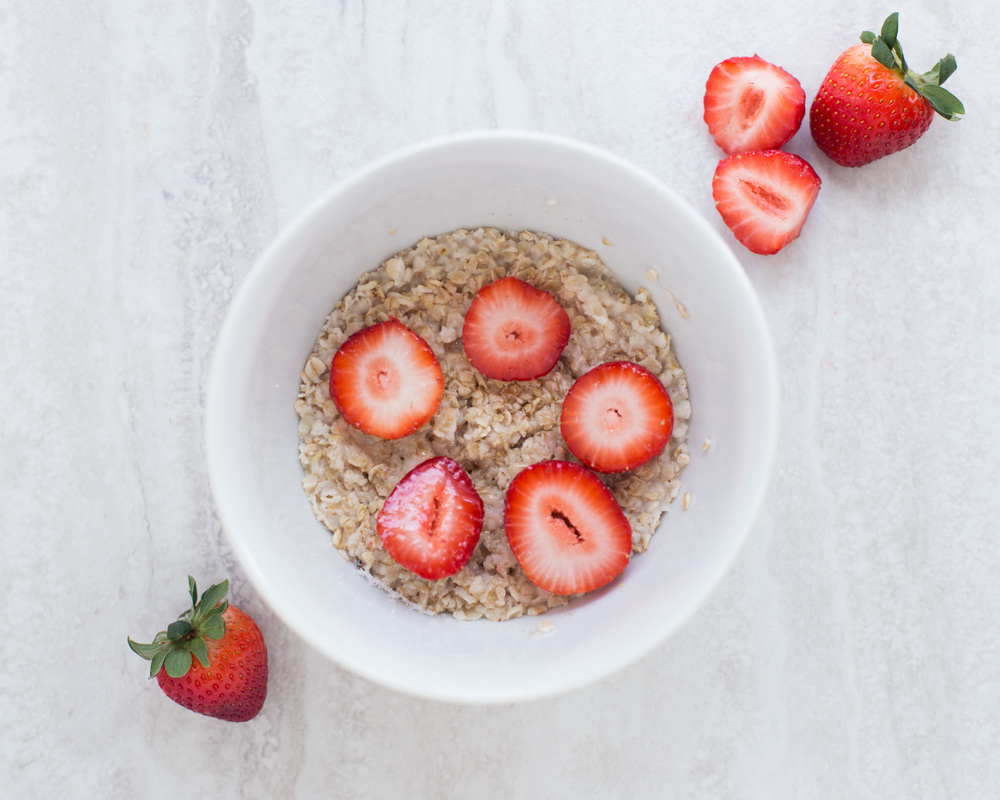|
Living with any chronic condition including diabetes can be physically and emotionally overwhelming. When difficult emotions arise it’s perfectly normal to distract ourselves through work, exercising, binge eating, drinking or anything that comforts and avoids having to face the emotions. This pattern is quite common among diabetes patients sadly directly impacting their blood sugar levels. While avoiding uncomfortable emotions may help to feel better in the short-term, such strategies just push negative feelings further into the psyche causing detrimental effects in the long run. This is because negative thoughts or feelings block you from experiencing life. For example, you may be over exercising or over working to avoid thinking about how diabetes is affecting you emotionally and physically. By doing this, not only are you robbing yourself of precious time with family and friends, you could be using some of that time for self-care to manage your diabetes. It may be that the intention to “eat well” is there, but because you are “busy,” food is eaten on the go. These are often not the wisest choices. Eating wrong foods builds up stress levels adding to the negative feelings that we are avoiding, making the whole cycle a viscous one. According to ancient wisdom from Chinese Medicine and Ayurveda, the state of your emotions when you are eating is more important than the food itself. If you are feeling guilty or stressed even before you are about to eat, the negative emotions build up and get worse. On the other hand If you relish the moment by enjoying seeing, tasting, touching, and smelling each bite of food, your body has the “five-senses” experience leaving you feeling satisfied and preventing you from grabbing that bar of chocolate or another glass of wine. Mindfulness is about paying attention on purpose, in the present moment in a non-judgmental way, to what are you are experiencing, including your thoughts, emotions, and physical feelings. The goal of mindfulness is not to force anything but to allow yourself space to notice your present experience, that includes what you are eating. Here is a mindful eating exercise I would like to share with you to help you get started at eating mindfully. Full awareness can help you make decisions that impact your mental and physical well being positively. Exercise. Before you start to eat, take a moment to check in with your body and emotions. What does your your body need? How hungry are you? Do you need warm food or cold food? Are you craving savoury or sweet food? Now that you have decided what your body needs and have the prepared or bought the food, before you have your first bite take a moment to be thankful for it. This could be imagining all the people that have been involved in preparing the food or how the ingredients got here. This is very powerful in shifting gears in your mind even before you eat. Perhaps this is why every culture has a ritual to bless food before meals. Now, take a moment to observe the food, really engage with what you see. Do you see the colours? How delicious does it look? Our sense of seeing heightens the experience of eating. Next really engage with the smell of the food. What can you smell? Is it strong or fragrant? Does it make you feel hungry? Is your mouth watering? Now take a bite and notice the texture of the food in your mouth. Can you feel any sensations on your tongue? Is warm? Spicy? Sweet? Is it chewy or slippery? Now focus your attention on the taste. Let the food sit on your tongue while you really engage with the flavour and sensations. You can pretend you are a food critic, see how many accents of taste or texture you can observe. Repeat this exercise with a few more bites to engage your senses and help you feel more in tune with your eating experience and aware of your body and emotions. Being mindful is not as easy as it looks; in fact it requires practice and experience. Being mindful with diabetes can be even harder but certainly not impossible. When we are rushing around on autopilot it can be difficult to pay attention to any experience in the present moment so stepping back from being busy to tune into the emotional and physical needs of your body is critical to manage your diabetes. It’s also very important as part of your self-care that you stop judging yourself and beating yourself up over a high or low blood sugar level but instead focus that energy to influence a positive outcome for better well being and happiness.
Mindfulness is not a quick fix but it could be your best friend to help you manage difficult diabetes-related emotions. Mindfulness needs to be practiced and experienced to retrain your brain to enjoy every single bit of food – this in itself can make a huge difference to your health and happiness.
0 Comments
Key to managing type 2 diabetes successfully is eating right. Making wise food choices is critical for people with diabetes to help them reduce the risk of stroke, heart disease, or other diabetes related complications. A diagnosis of type 2 diabetes can be emotionally and physically overwhelming for people in addition to the worries and anxieties of daily pressures of life. Mindful eating is not a new fad diet but a healthy, healing way of eating for anyone. Even more for someone who wants to lead a normal life whilst managing diabetes. It is based on the ancient Buddhist art of mindfulness that makes us aware to live in the moment. The concept is that we live in autopilot mode,often holding onto past regrets or worry about future ones. Thus we are rarely focused on what we are doing in the present. A well structured mindfulness program helps us to come off autopilot mode and develop a new mindset towards eating. The good news is the NHS in England is now recommending this technique as studies have proven it to be effective in reducing over and binge eating, lowering weight and body mass index, helping to cope with anxiety about food and chronic eating problems such as anorexia and bulimia as well as helping to improve Type 2 diabetes. Whether we are binge eating or following a highly restrictive diet, it is likely that we have lost track of when we are hungry or when we are full. Mindful eating heals this disconnection between our body and mind. Mindful eating helps people with diabetes listen to their bodies to understand physical sensations of hunger and understand what the body really needs. Being aware of emotional and physical triggers of hunger can help patients understand when to stop and start eating. This can be difficult if one had lost their sense of hunger and fullness from eating large portions, comfort eating or fad diets but it is reversible by re-training the brain to connect with the body and emotions. Our relationship with food is often a reflection of our emotional well being. Sometimes without even realising,we restrict or overeat as a coping mechanism to block negative thoughts or to distract us from dealing with them. When we have healthier ways of coping, such as mindful breathing and letting go of anxiety, we no longer need to manage our emotions through food choices. We are able to tolerate negative emotions, as uncomfortable as they may be, without pushing them away or stuffing them down with food. Here are some simple tips for mindful eating that can be used straight away whether you are diabetic or not. If you are diabetic, it may be helpful for you to get additional support from a mindful eating teacher or coach to assist in coping with any difficult emotions.
|








 RSS Feed
RSS Feed
